Optimal Timing for Asphalt Sealings
Understanding the optimal timing for asphalt sealings is essential for ensuring durability and longevity. Proper timing helps protect the asphalt from weather-related damage and extends the lifespan of the pavement.
Sealings are most effective when ambient temperatures are between 50°F and 85°F. This range allows the sealant to cure properly without premature drying or improper adhesion.
Dry weather with low humidity is preferable. Rain or moisture can interfere with the sealing process, leading to poor adhesion and reduced effectiveness.
Late spring and early fall are typically the best seasons for sealings. These periods offer stable temperatures and minimal precipitation, ideal for application.
Sealings should not be applied during winter or extreme summer heat. Freezing temperatures can prevent proper curing, while high heat may cause the sealant to dry too quickly.
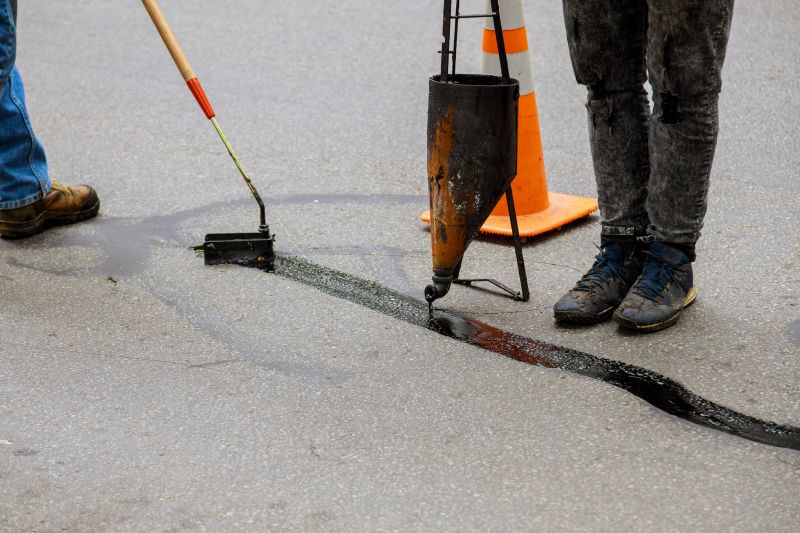
Spring offers favorable conditions with moderate temperatures and lower humidity, making it an ideal time for asphalt sealings.
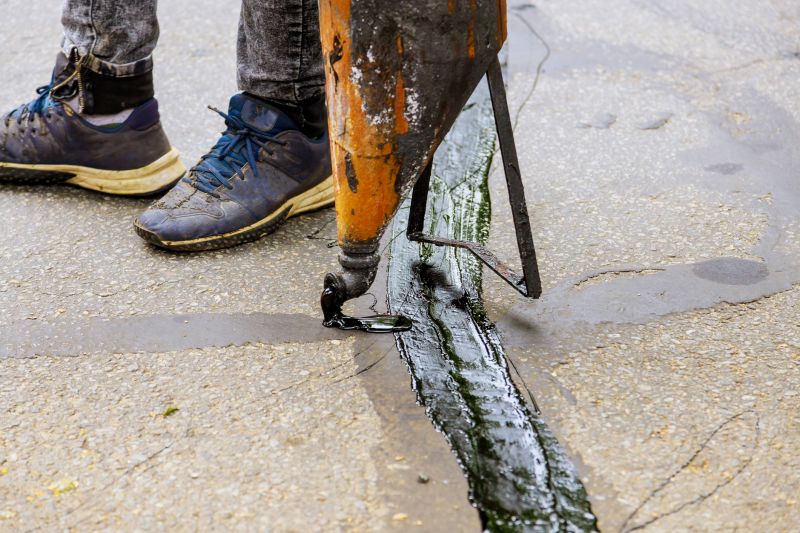
Fall provides cooler temperatures and less rainfall, supporting effective sealing and curing processes.
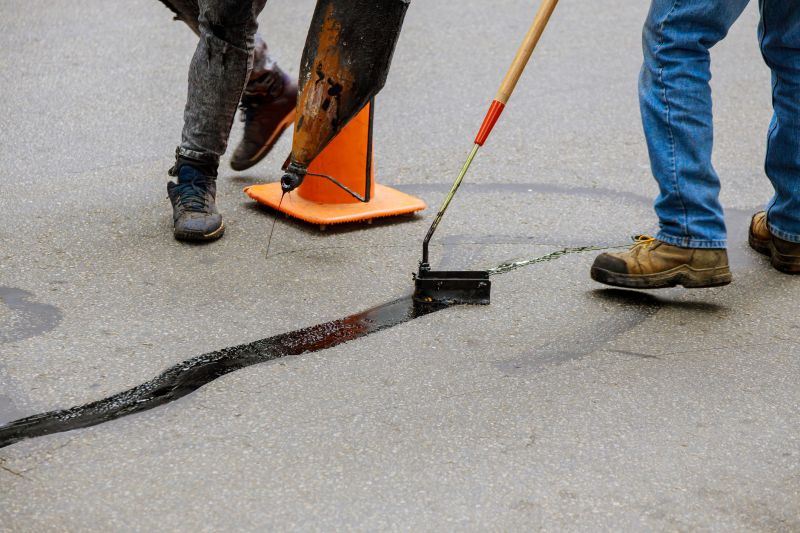
Winter temperatures are too low for proper curing, and moisture can compromise the sealant's adhesion.
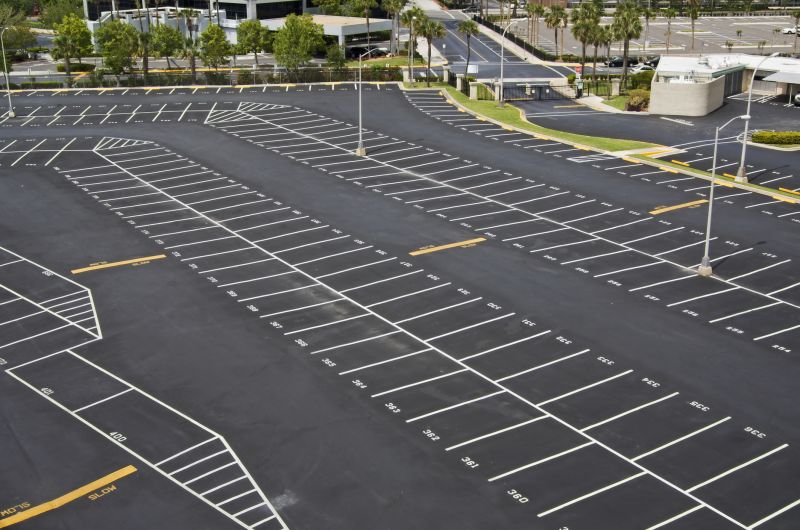
Ways to make Asphalt Sealings work in tight or awkward layouts.
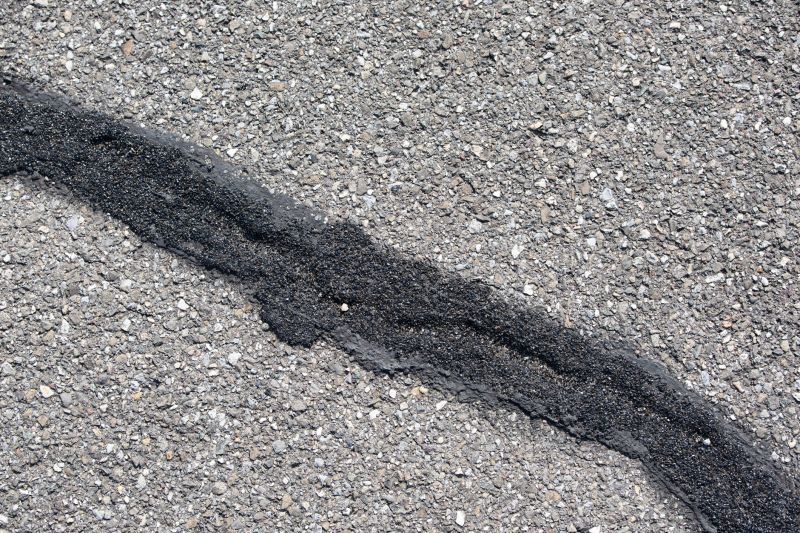
Popular materials for Asphalt Sealings and why they hold up over time.
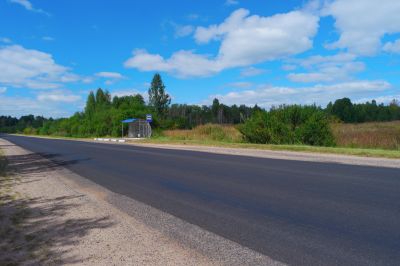
Simple add-ons that improve Asphalt Sealings without blowing the budget.
| Season | Optimal Conditions |
|---|---|
| Spring | Temperatures between 50-85°F, low humidity, dry weather |
| Summer | Early summer before extreme heat, avoid peak heat hours |
| Fall | Cooler temperatures, minimal rain, low humidity |
| Winter | Not recommended due to low temperatures and moisture |
Asphalt sealings serve as a protective barrier that extends the life of pavement surfaces. They help prevent water infiltration, reduce oxidation, and shield against UV damage. Proper sealing can significantly reduce repair costs and improve the appearance of asphalt surfaces.
Statistics show that timely sealings can extend the lifespan of asphalt by several years. Regular maintenance, including sealing every 2 to 5 years, ensures the pavement remains durable and functional, especially in climates with variable weather conditions.
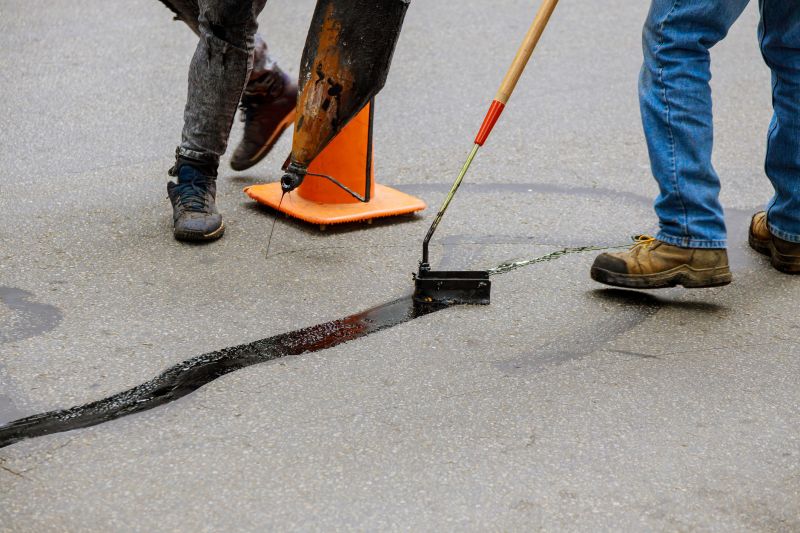
A well-sealed asphalt surface resists water penetration and reduces surface cracking.
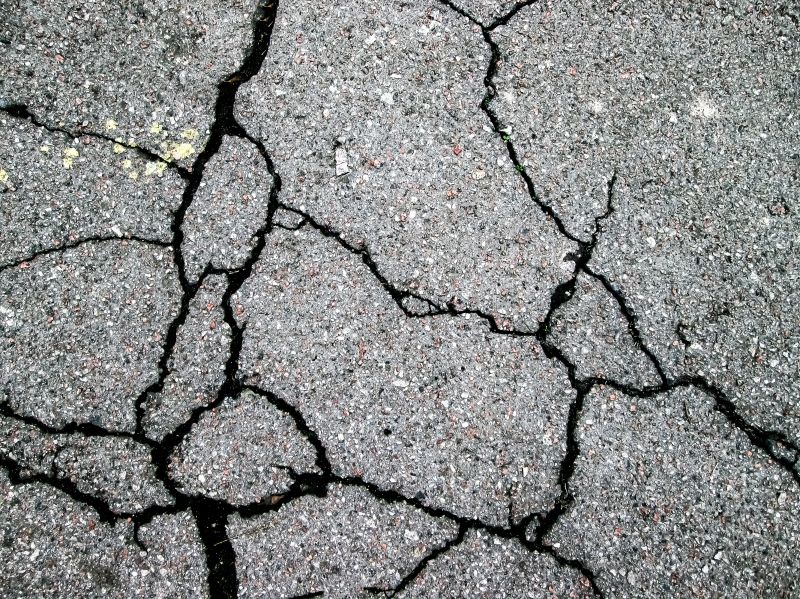
Cracks can worsen without sealing, leading to costly repairs.
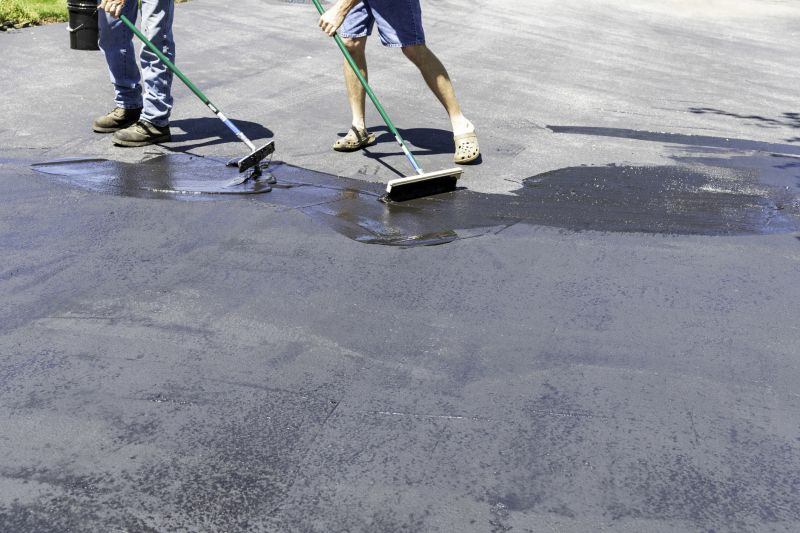
Professional sealing involves cleaning, priming, and applying the sealant evenly.
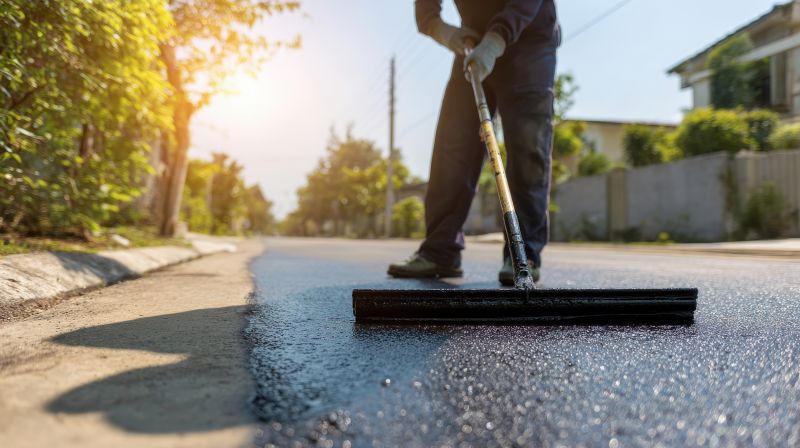
High-end options that actually feel worth it for Asphalt Sealings.
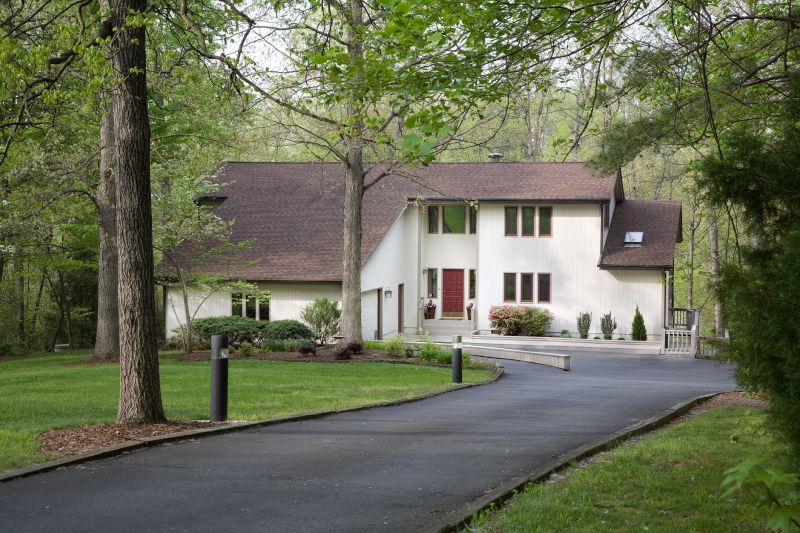
Finishes and colors that play nicely with Asphalt Sealings.
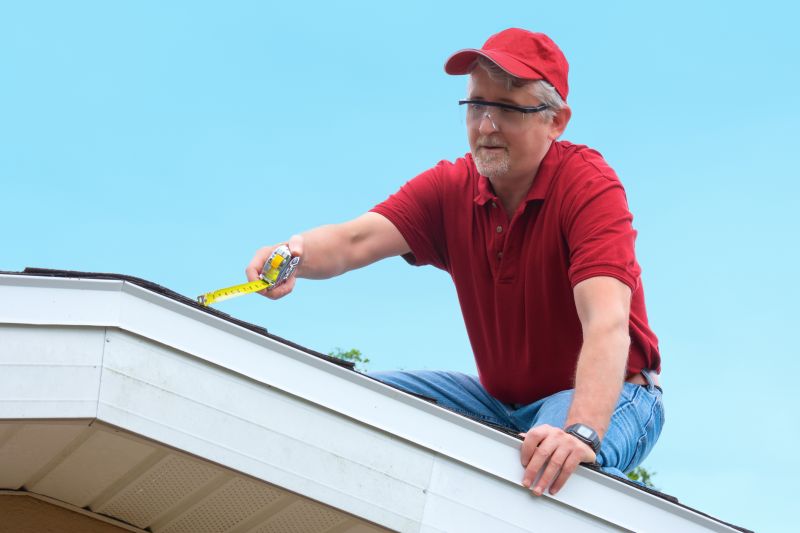
Little measurements that prevent headaches on Asphalt Sealings day.
Interested parties are encouraged to contact for more information about scheduling asphalt sealings. Proper timing and application can enhance pavement performance and lifespan.

